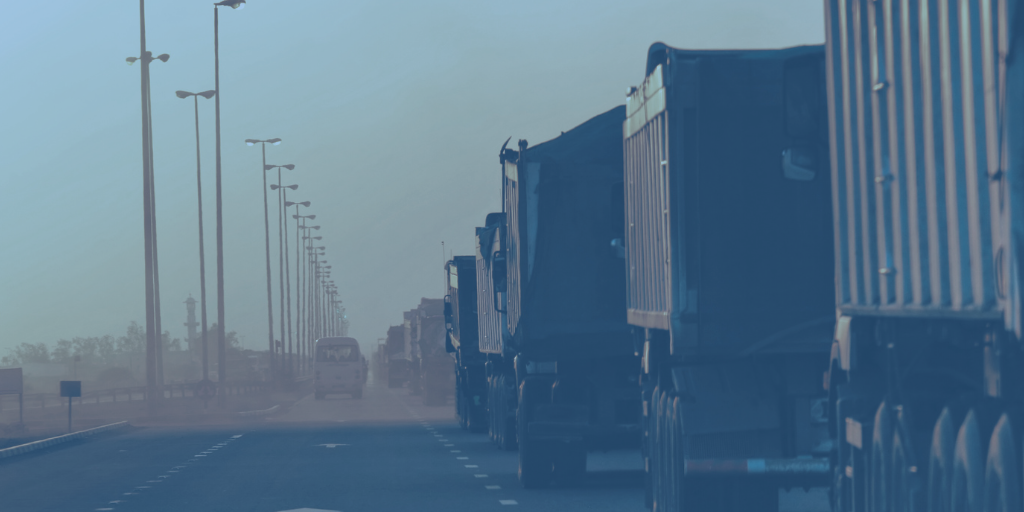Optimizing LTL Freight Packaging for Cost Efficiency
In the intricate and ever-evolving landscape of Less-Than-Truckload (LTL) shipping, the importance of strategic freight packaging cannot be...

Blockchain has been the darling of the stock market for a couple of years now, but many people are unaware of how blockchain may reshape supply chains.
Blockchain creates a network that almost anyone can join. Participants contribute excess computing power to help solve cryptographic problems. This connection creates a "chain" of "blocks." Since multiple computers are working on the same blocks, there are multiple records of each block's data.
The separate computers, or nodes as they are called, verify data. If all the nodes agree on a piece of data, then the block is valid. If any of the nodes disagree, the block is invalid.
Blockchain allows for real-time transaction records that are safer and more secure. Since all nodes must agree on the data, it's nearly impossible to tamper with blockchain. You could change the data on your end, but every other node has a different record.
3 Tips for Digitizing Your Shipping Supply Chain
There are two major "types" of a blockchain network. One is public, and the other is private. Both are decentralized, but public blockchain allows anyone to join the network and participate equally. Private blockchains, which are less popular, tend to lock people out.
Private blockchain recreates the problem many business owners experience with software platforms. You have to log in to one platform to do business with one supplier, then hop over to another to do business with your shipping partner. Public blockchains are a better way to do business for this reason. You can have one account on a single network and interact with everyone.
You can think of public blockchain as the enterprise resource planning platform beyond the enterprise. ERP brings everything together within a company, but its unifying efforts stop at the business's doors.
Public blockchain introduces a new "universal" platform. Everyone can connect to the network, and blockchain allows information to flow seamlessly through the supply chain. Due to this, one day it will be possible to reorder supplies from your vendor automatically. The network will detect when supplies are low and send a request to your vendor who will arrange an order.
How a Major Plastics Distributor Reduced Freight Rates During COVID
Blockchain uses tokens. Tokens in the future will be programmable, which means they will carry all kinds of data with them. They'll also be able to execute functions. So, in the future, it will be possible for someone to borrow a tokenized asset from you and pay you interest, all via the blockchain network.
The real-time data capabilities allow every partner to see the rules of the contracts executed on the network. It also improves management and traceability, making it easier to keep track of defects and potential recalls. Blockchain also allows businesses that work with subcontractors and subsidiaries to see what everyone is doing.
Public blockchains offer faster turnarounds and potential cost reductions. They can automate much of the work involved in supply chain logistics and improve promotion planning and fraud prevention. And with the advent of privacy, they add more security to business transactions.
For tips on how to digitize supply chains through intelligent shipping software, check out our guide to Digitizing Logistical Supply Chains. Learn how to automate functions, analyze processes, connect better to carriers, and offer superior customer service.
.png)
In the intricate and ever-evolving landscape of Less-Than-Truckload (LTL) shipping, the importance of strategic freight packaging cannot be...
.png)
The logistics industry, vital for global commerce, has long been hampered by the cumbersome process of manual spot quoting—a method as outdated as it...

As MODEX 2024 reaches its zenith in Atlanta, the FreightPOP team finds itself in the thick of an unprecedented celebration of logistics and supply...